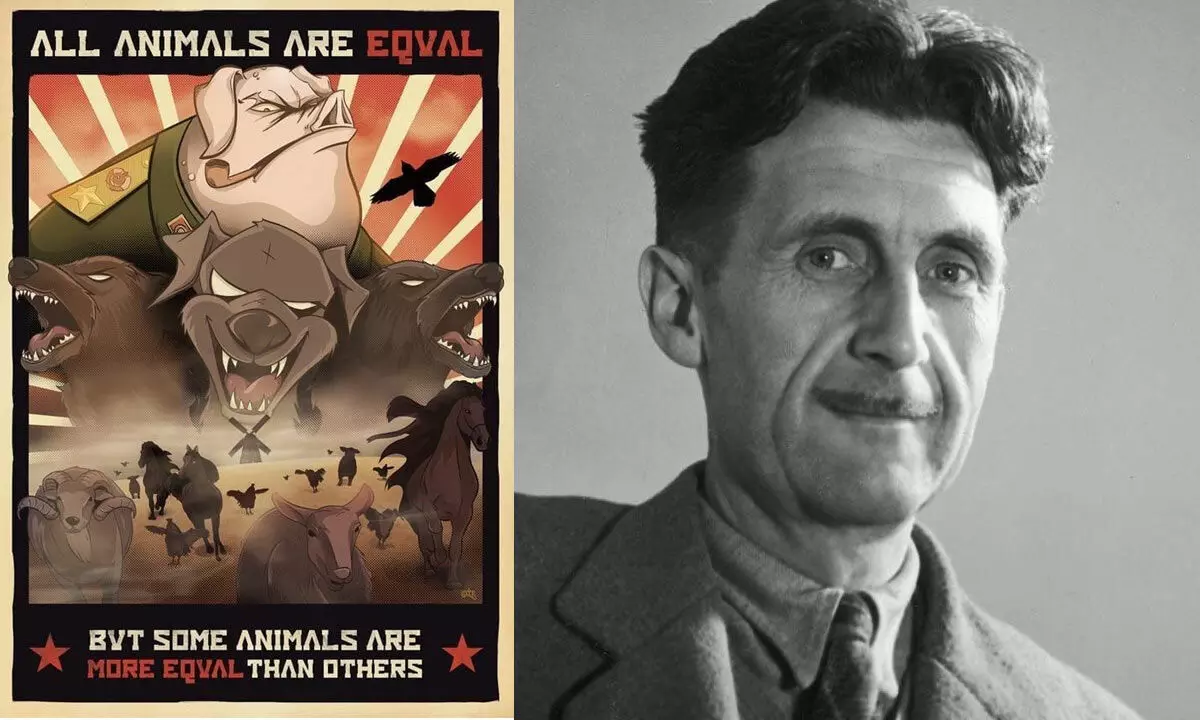Live
- Muzigal launches its State-of-the-art Music Academy in Miyapur, Hyderabad.
- AP Weather Alert: Meteorological Department Issues Rain Warning for Next 2 Days
- Toyota Kirloskar Motor Unveils “Happier Paths Together” – A Corporate Campaign Championing Happiness for All
- Promoting Sports and Athletes is Telangana Government’s Priority – MLA Rajesh Reddy
- CM Revanth Reddy Urges Tollywood to Collaborate on Social Issues
- Karnataka BJP Protests Congress Over Alleged Misuse Of Public Funds
- Thousands Pay Tribute to Lance Havaldar Anoop Poojary in Udupi
- People should take advantage of Pradhan Mantri Surya Ghar: Muft Bijli Yojana: PM
- Tata Group to create 5 lakh manufacturing jobs over next half decade: N. Chandrasekaran
- Hansika’s charm remains undeniable









